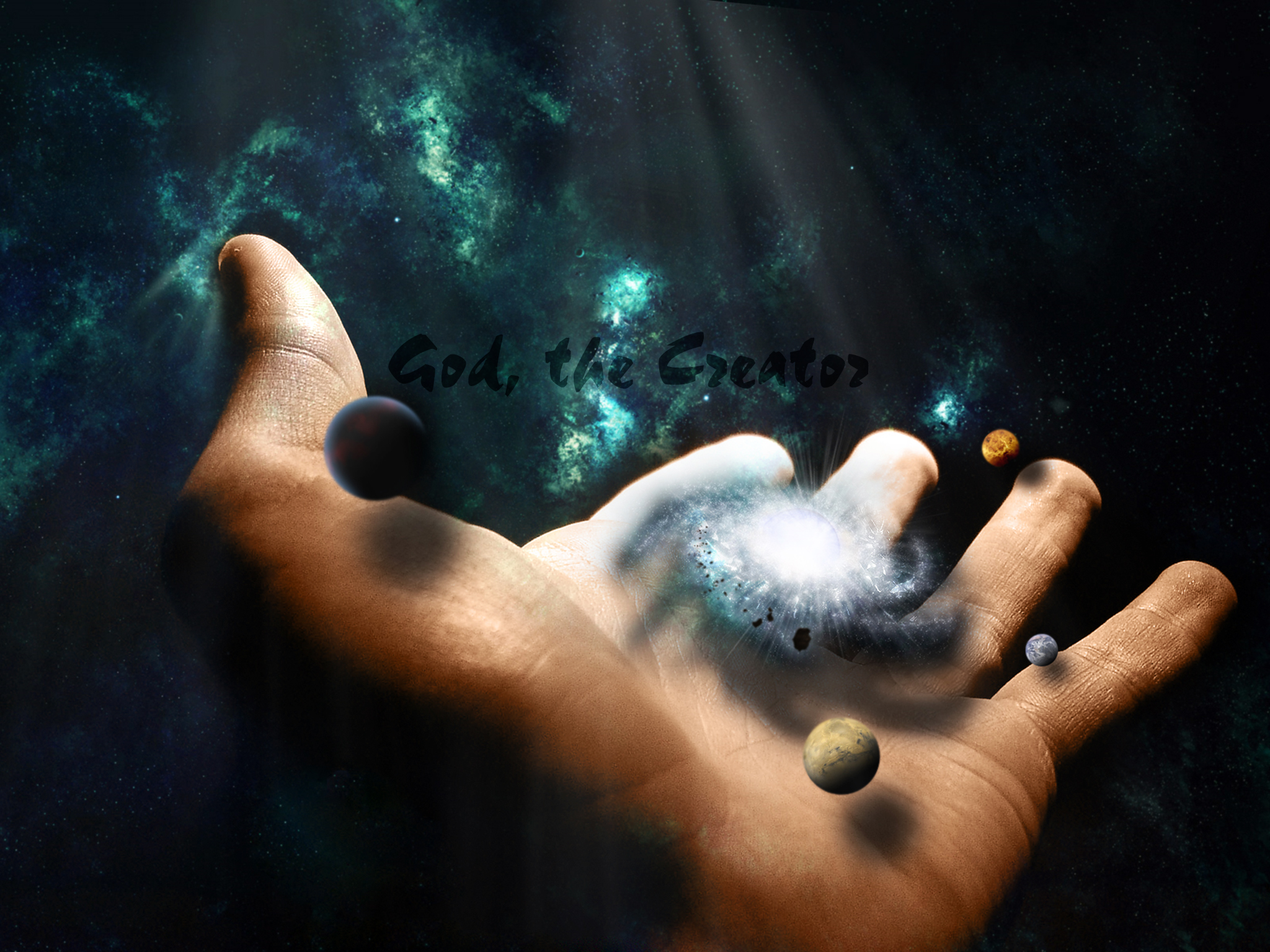|
About God
Outlining the Orthodox Faith and refuting Cacodoxies about God

As a
friend talking with his friend, man speaks with God, and drawing
near in confidence he stands before the face of the One who
dwells in light unapproachable
--St.
Symeon the New Theologian
God
Cannot be grasped by the mind. If he could be grasped, he would
not be God
--Evagrius
of Pontus
|
We
say then that the Cause of all, which is above all, is neither
without being, nor without life — nor without reason, nor
without mind, nor is a body — nor has shape — nor form — nor
quality, or quantity, or bulk — nor is, in a place — nor is seen
— nor has sensible contact — nor perceives, nor is perceived, by
the senses — nor has disorder and confusion, as being vexed by
earthly passions, — nor is powerless, as being subject to
casualties of sense, — nor is in need of light; neither is It,
nor has It, change, or decay, or division, or deprivation, or
flux, — or any other of the objects of sense. On the other hand,
ascending, we say, that It is neither soul, nor mind, nor has
imagination, or opinion, or reason, or conception; neither is
expressed, nor conceived; neither is number, nor order, nor
greatness, nor littleness; nor equality, nor inequality; nor
similarity, nor dissimilarity; neither is standing, nor moving;
nor at rest; neither has power, nor is power, nor light; neither
lives, nor is life; neither is essence nor eternity, nor time;
neither is Its touch intelligible, neither is It science, nor
truth; nor kingdom, nor wisdom; neither one, nor oneness;
neither Deity, nor Goodness; nor is It Spirit according to our
understanding; nor Sonship, nor
Paternity; nor any other thing of those known to us, or to any
other existing being; neither is It any of non-existing nor of
existing things, nor do things existing know It, as It is; nor
does It know existing things, qua existing; neither is there
expression of It, nor name, nor knowledge; neither is It
darkness, nor light; nor error, nor truth; neither is there any
definition at all of It, nor any abstraction. But when making
the predications and abstractions of things after It, we neither
predicate, nor abstract from It ; since the all-perfect and
uniform Cause of all is both above every definition and the
pre-eminence of Him, Who is absolutely freed from all, and
beyond the whole, is also above every abstraction.
--Saint
Dionysius the Areopagite "Mystical
Theology", Chapters IV - V
|
